Adverse Childhood Experiences
Understanding the lasting effects of negative events in a child’s life
What Are ACEs?
Adverse childhood experiences (ACEs) are potentially traumatic events in a child’s life that can have negative and lasting effects on health and well-being. These experiences occur before the age of 18 and are remembered by that child as an adult.
Such traumatic events may include: psychological, emotional, physical, or sexual abuse; violence against mother; or living with household members who were substance abusers, mentally ill, suicidal, criminal or imprisoned. Maltreatment (child abuse, sexual abuse, neglect, bullying, etc.) causes chronic stress that can disrupt early brain development, and the development of the nervous and immune systems.
Understand how your childhood could have an impact on you:
The Negative Effects of a High ACES Score

Early
Death
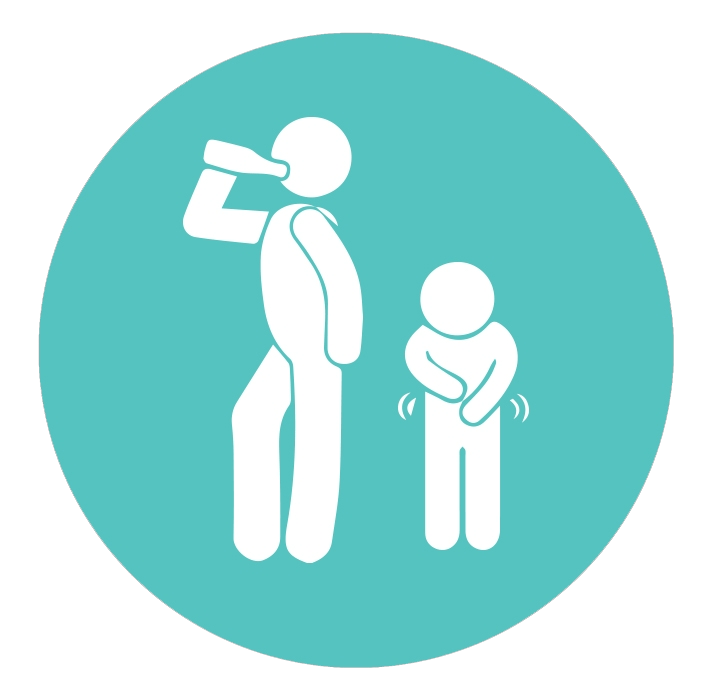
Risky Health
Behaviors
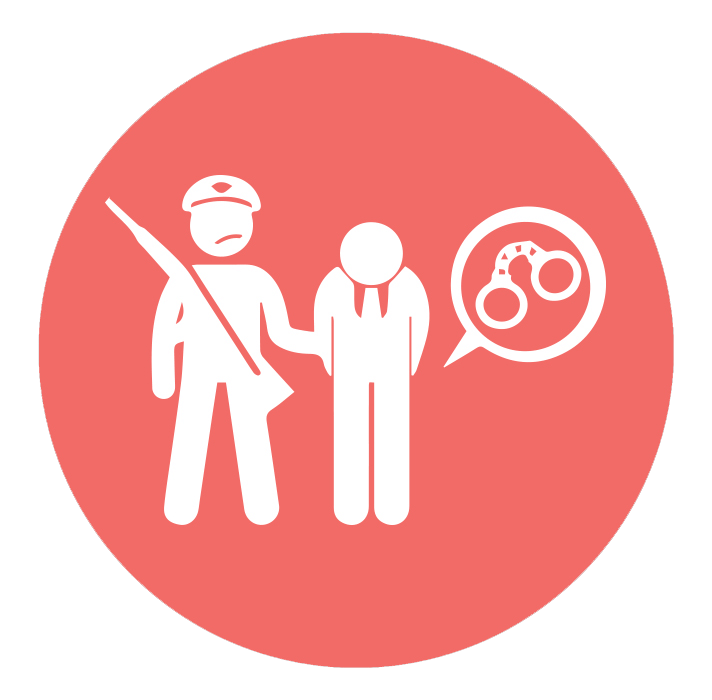
Low Life
Potential
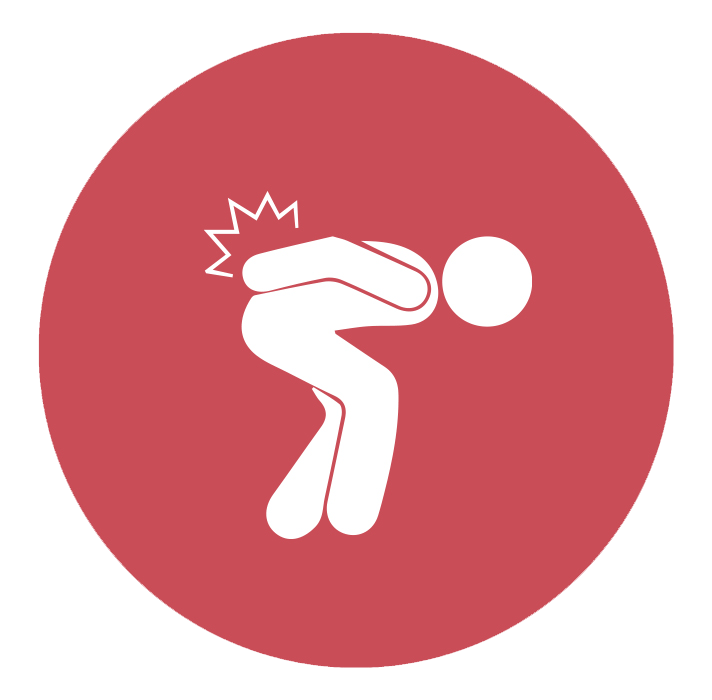
Chronic Health
Conditions
Your ACEs aren’t the full story. Research shows that Positive Childhood Experiences (PCEs), which stem from safe, stable, nurturing relationships and environments, have the power to prevent or protect children from the negative impacts of Adverse Childhood Experiences (ACEs).
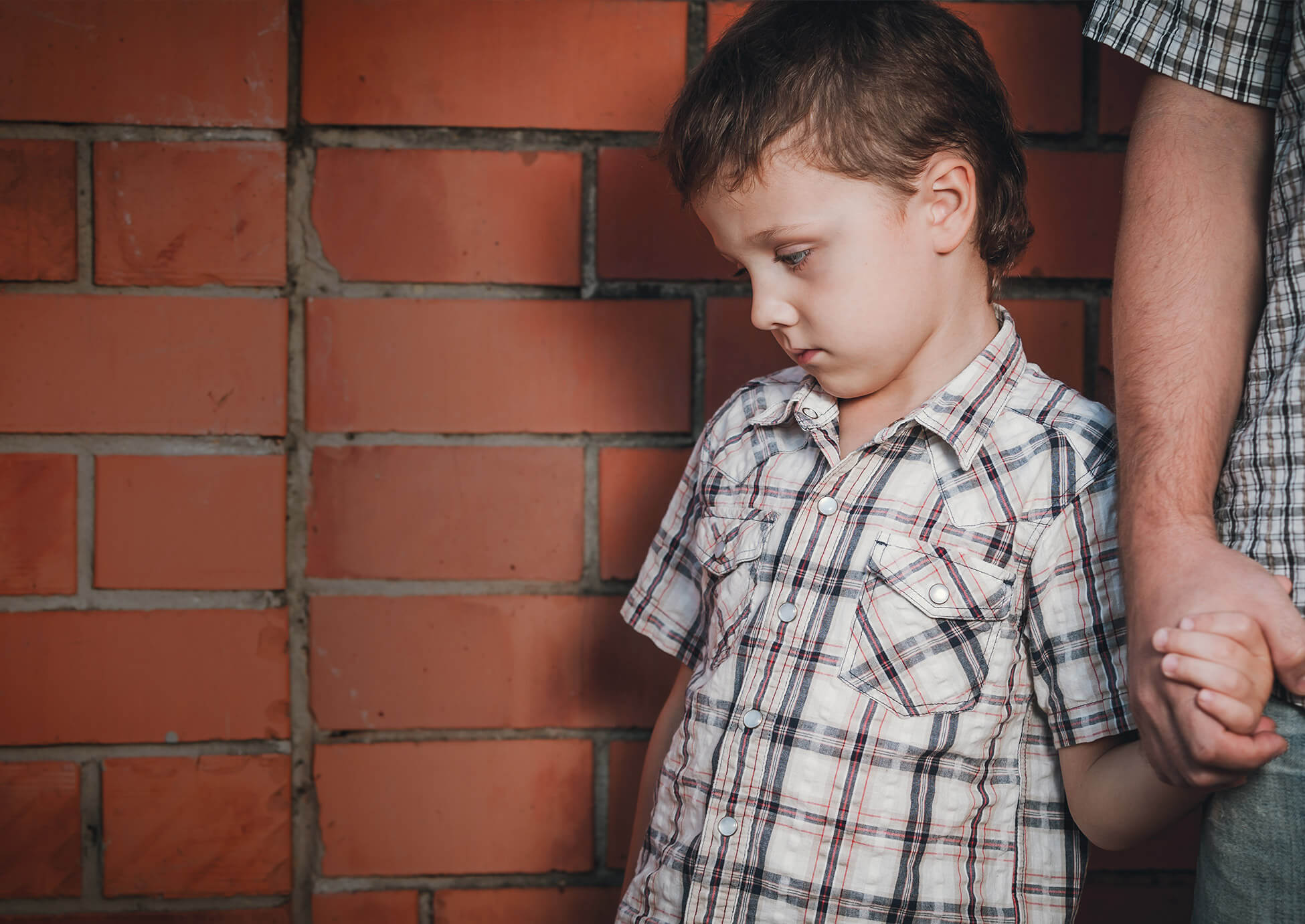
Effects & Life Outcomes From Adverse Childhood Experiences
Adverse Childhood Experiences have a strong and cumulative impact on the health and functioning of adults. Children who are abused or neglected are at higher risk for health and social problems as adults.
The toxic levels of stress or trauma experienced by a child is linked to poor physical and mental health throughout life.
These problems include lower educational achievement, lower economic success, impaired social success in adulthood, alcoholism, depression, drug abuse, eating disorders, obesity, high-risk sexual behaviors, smoking, suicide, and certain chronic diseases.
How do ACEs relate to toxic stress?
ACEs research shows the correlation between early adversity and poor outcomes later in life. Toxic stress explains how ACEs ”get under the skin” and trigger biological reactions that lead to those outcomes. In the early 2000s, the National Scientific Council on the Developing Child coined the term “toxic stress” to describe extensive, scientific knowledge about the effects of excessive activation of stress response systems on a child’s developing brain, as well as the immune system, metabolic regulatory systems, and cardiovascular system. Experiencing ACEs triggers all of these interacting stress response systems. When a child experiences multiple ACEs over time—especially without supportive relationships with adults to provide buffering protection—the experiences will trigger an excessive and long-lasting stress response, which can have a wear-and-tear effect on the body, like revving a car engine for days or weeks at a time.
Importantly, the Council also expanded its definition of adversity beyond the categories that were the focus of the initial ACE study to include community and systemic causes—such as violence in the child’s community and experiences with racism and chronic poverty—because the body’s stress response does not distinguish between overt threats from inside or outside the home environment, it just recognizes when there is a threat, and goes on high alert.
What can we do to help mitigate the effects of ACEs?
For those who have experienced ACEs, there are a range of possible responses that can help, including therapeutic sessions with mental health professionals, meditation, physical exercise, spending time in nature, and many others.
The ideal approach, however, is to prevent the need for these responses by reducing the sources of stress in people’s lives. This can happen by helping to meet their basic needs or providing other services.
Likewise, fostering strong, responsive relationships between children and their caregivers, and helping children and adults build core life skills, can help to buffer a child from the effects of toxic stress.
By being here, you’re impacting generations.
American Society for the Positive Care of Children is dedicated to preventing child maltreatment and raising awareness of the lifelong impacts of adverse childhood experiences by providing parents with the skills, tools, and educational resources that build their confidence and capacity as caregivers and create more positive childhood experiences. We’re able to continue providing resources like these free of charge to nearly 1,000,000 families who rely on us annually thanks to the generosity of our supporters.
Take action to reduce Adverse Childhood Experiences for the Next Generation Today.
Related Topics

Positive Childhood Experiences (PCEs)

Take The PCEs Quiz

Positive Childhood Experiences as Protective Factors
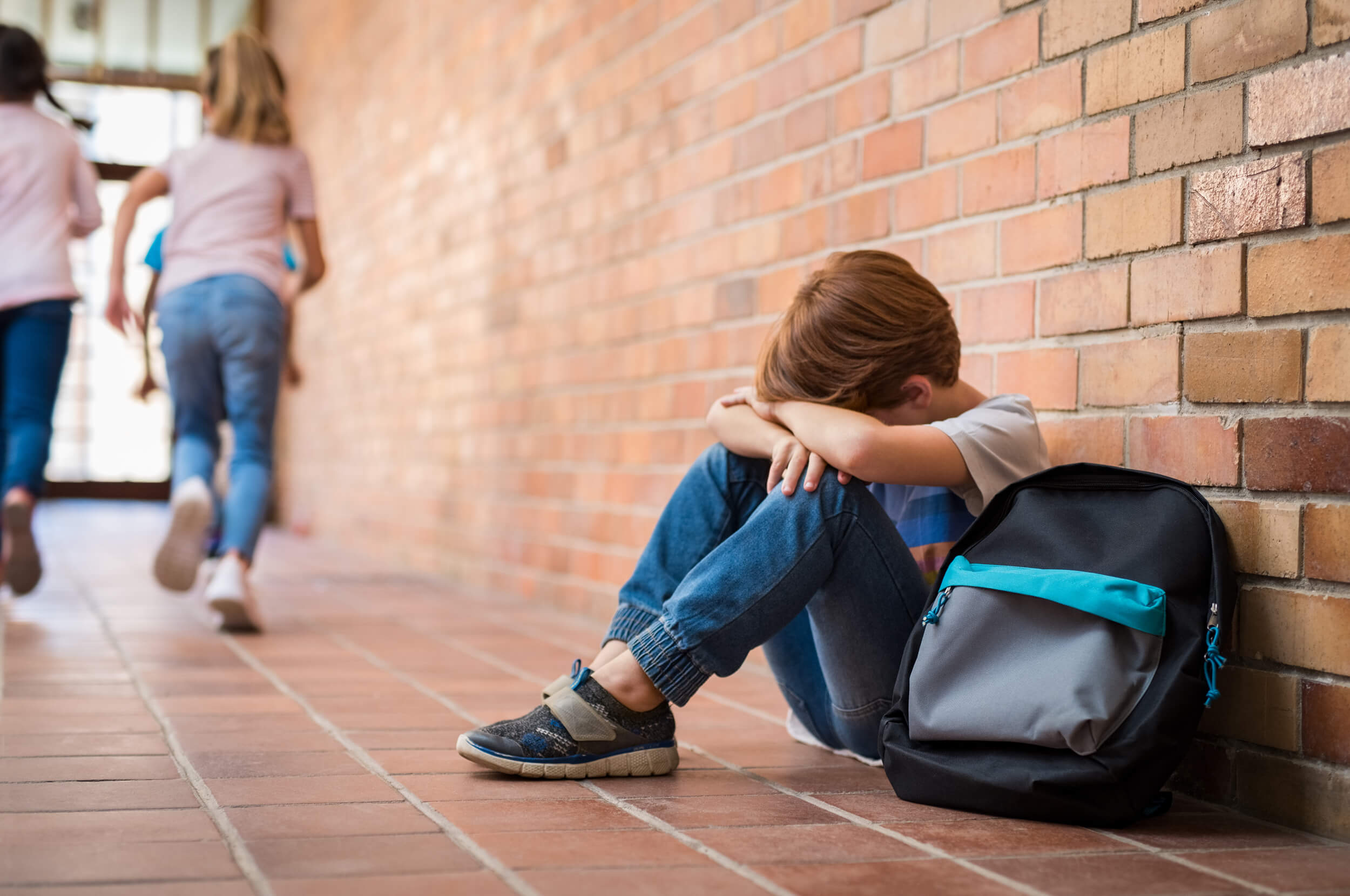
Take The ACEs Quiz
References & Sources
- CDC & Kaiser Study: Relationship of Childhood Abuse and Household Dysfunction to Many of the Leading Causes of Death in Adults-The Adverse Childhood Experiences (ACE) Study (1998); Vincent J. Felitti, MD, FACP, Robert F. Anda, MD, MS, Dale Nordenberg, MD, David F. Williamson, MS, PhD, Alison M. Spitz, MS, MPH, Valerie Edwards, BA, Mary P. Koss, PhD, James S. Marks, MD, MPH CLICK HERE
- Child Trends Research Brief: Adverse Childhood Experiences: National and State-Level Prevalence (July 2014); Vanessa Sacks, M.P.P., David Murphey, Ph.D., and Kristin Moore, Ph.D. CLICK HERE
- Minnesota Department of Health. Adverse Childhood Experiences in Minnesota (Pub Feb, 2013) 2011 Minnesota Behavioral Risk Factor Surveillance System. CLICK HERE
- Essentials for Childhood; CDC, National Center for Injury Prevention and Control, Division of Violence Prevention; Steps to Create Safe, Stable, Nurturing Relationships and Environments. (Pub August 2014) CLICK HERE
- Harvard Center on the Developing Child CLICK HERE
